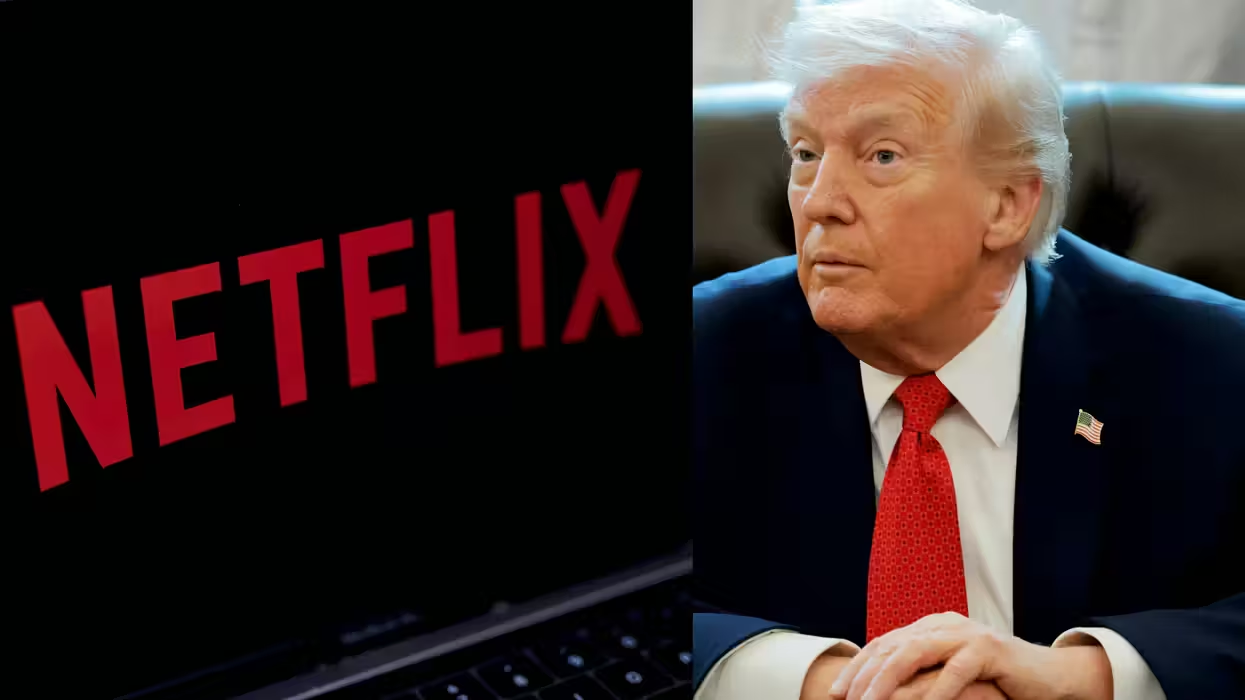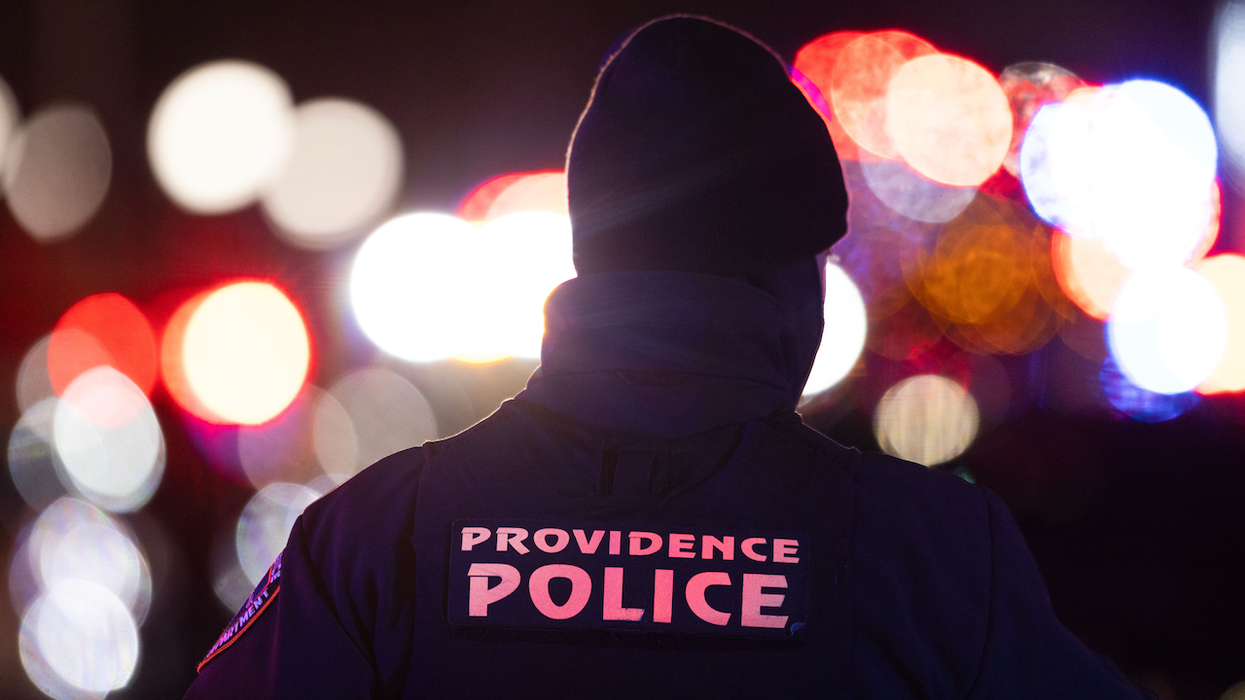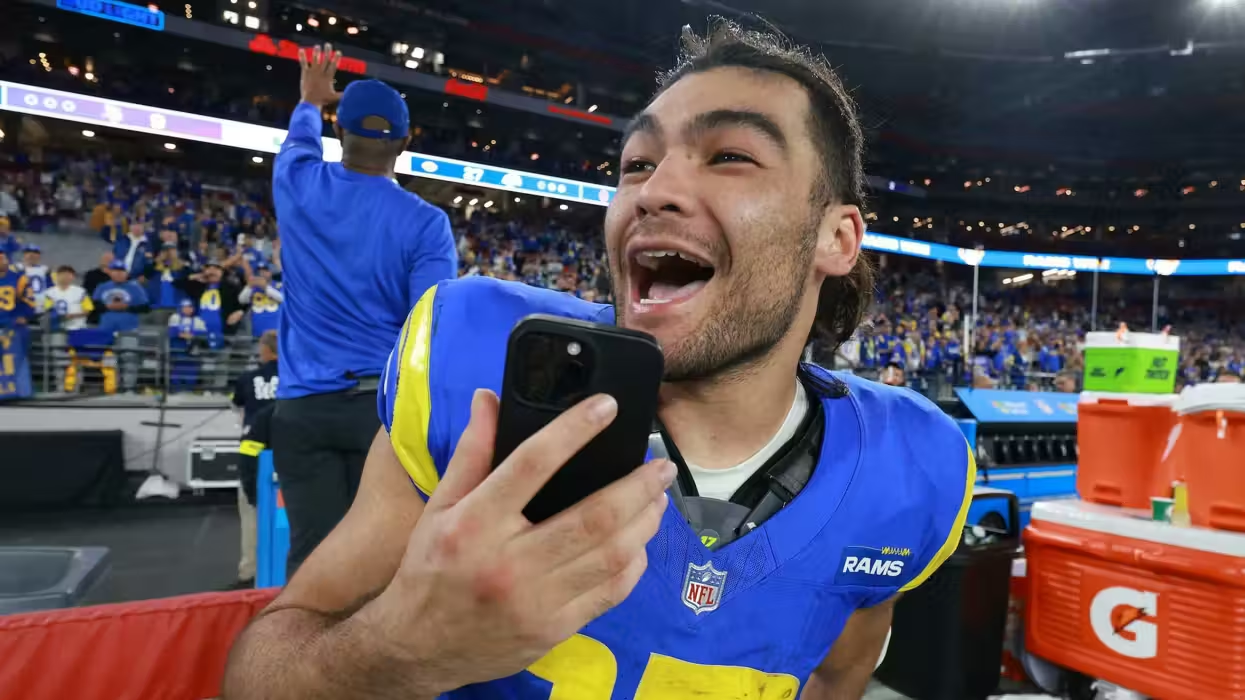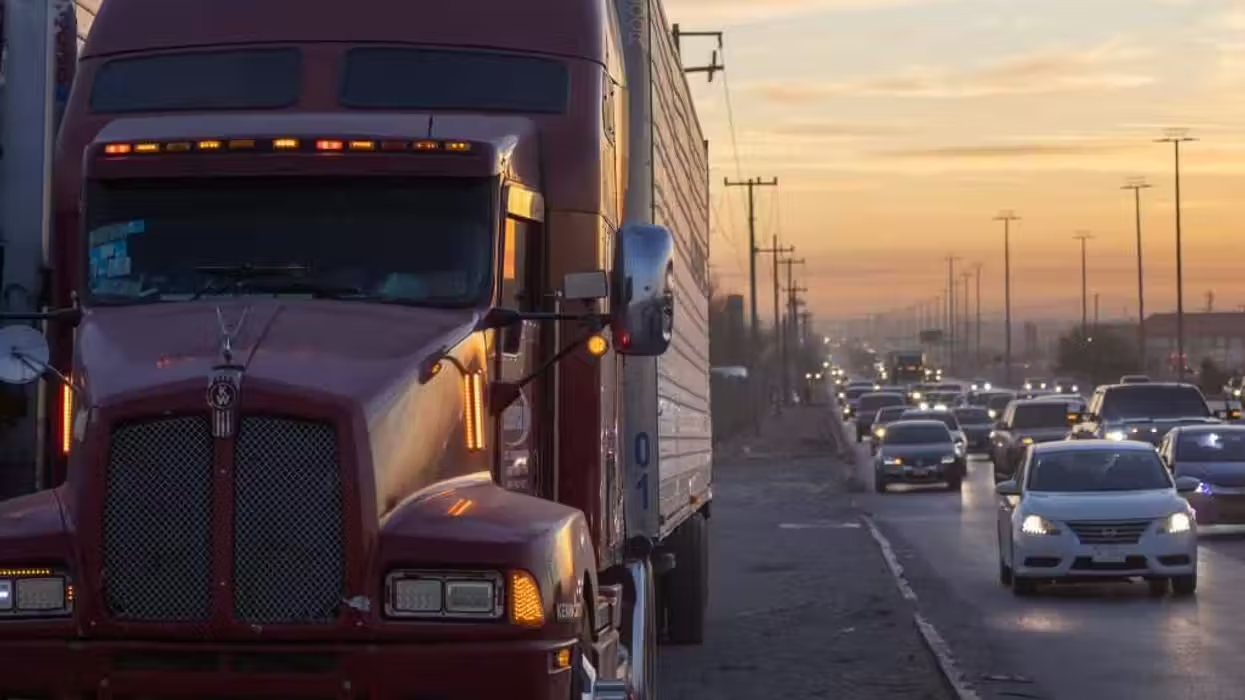
© 2025 Blaze Media LLC. All rights reserved.
(Updated) Google Contest Changed After it Was Caught Collecting Kids' Social Security Numbers
February 23, 2011
"voila, you've unlocked countless troves of personal information from someone"
A Google drawing contest for kids has been changed after some people uncovered an interesting part of the contest's consent form: in order to submit an entry, kids and parents had to provide the last four digits of the drawer's social security number as well as the contestant's birth year and city of birth. Despite the change, though, some wonder if that information is secure.
While the contest, "Doodle-4-Google," is meant to tap into the creative side of kids k-12, some wonder if the company is using it to tap into other things. And who might these wild conspiracy theorists be? Not Glenn Beck, as some might think, but rather New York Magazine and a blogger on the Huffington Post.
Bob Bowdon at HuffPo explains why the data collection is so scary:
You see what Google knows and many parents don't know is that a person's city of birth and year of birth can be used to make a statistical guess about the first five digits of his/her social security number. Then, if you can somehow obtain those last four SSN digits explicitly -- voila, you've unlocked countless troves of personal information from someone who didn't even understand that such a disclosure was happening.
Bowdon notes that the form has been changed to strike the SSN question (some even complained to the FTC), but the original form is still appearing on some school websites (Google is partnering with schools for the contest).
After his story was originally published, a Google spokesperson offered the following response:
This year we started accepting doodles from kids even if their school hadn't registered for the contest. To help us keep entries distinct and remove duplicate entries from any particular student, we asked parents for limited information, including the last 4 digits of a student's social security number. We later updated our forms when we recognized that we could sufficiently separate legitimate contest entries while requesting less information. To be clear, these last 4 digits were not entered into our records and will be safely discarded.As for the city of birth:
The city of birth helps us identify whether contestants are eligible for the contest, as winners must be either U.S. citizens or permanent legal residents of the U.S. The information isn't used for any other purpose.
But that response doesn't satisfy Bowdon, who wonders:
1.) I'm not much of a conspiracy theorist by disposition, but doesn't "these last 4 digits were not entered into our records and will be safely discarded," sound like a contradiction? (How can they delete something that is not in their records?) Even taking just the first part, we're supposed to believe Google didn't enter demographic data that it had been supplied? Isn't this the same Google that promotes itself as the master of targeted marketing campaigns?2.) If they simply want to limit the contest to citizens and permanent legal residents, why not ask that question as a "yes/no"? Then, they could ask more specific questions of the winners, right? Instead, Google's wants every child's city of birth upfront? That's really necessary?
The points seem valid.
As for Google, Bowdon offers the following suggestion: "For internet searches, have you tried Yahoo! or Bing lately? You just might find what you're looking for."
Sound familiar?
UPDATE:
A Google representative reached out to The Blaze in response to Bowoden's two counterpoints. They are listed below:
To be clear, all data concerning students that is collected by Doodle 4 Google is used only to administer the contest. We received this information on paper because parents who downloaded the original Parent Consent form had to print it, fill it out, and mail it to us. The last 4 digits of the social security number were not entered into our contest records, and as indicated, any forms containing this information will be safely discarded.We have asked for city of birth all 4 years of the contest to date, as it helps us determine eligibility. For example, if the city is not in the U.S., we can flag it for possible future follow-up. The question also gives us a higher degree of confidence at this early stage that an actual parent or guardian is completing the form (it's easier to check 'Yes' than to know an actual city of birth). As indicated previously, this information is not used for any other purpose.
Want to leave a tip?
We answer to you. Help keep our content free of advertisers and big tech censorship by leaving a tip today.
Want to join the conversation?
Already a subscriber?
Jonathon M. Seidl is a former managing editor of Blaze News and a best-selling author and speaker. His next book, “Confessions of a Christian Alcoholic,” will be released on October 7, 2025.
Jonathon M. Seidl
Jonathon M. Seidl is a former managing editor of Blaze News and a best-selling author and speaker. His next book, “Confessions of a Christian Alcoholic,” will be released on October 7, 2025.
more stories
Sign up for the Blaze newsletter
By signing up, you agree to our Privacy Policy and Terms of Use, and agree to receive content that may sometimes include advertisements. You may opt out at any time.
Related Content
© 2025 Blaze Media LLC. All rights reserved.
Get the stories that matter most delivered directly to your inbox.
By signing up, you agree to our Privacy Policy and Terms of Use, and agree to receive content that may sometimes include advertisements. You may opt out at any time.






